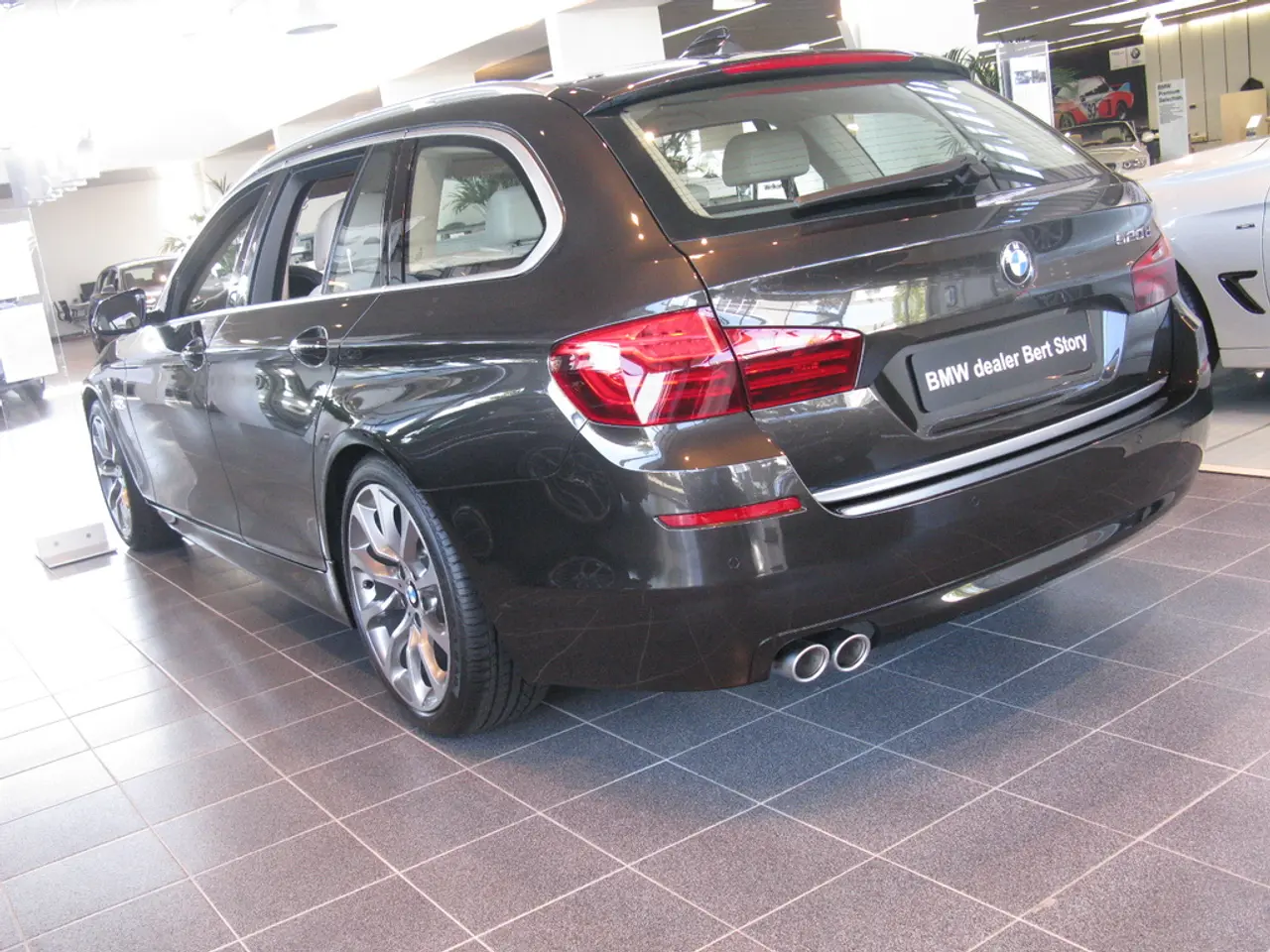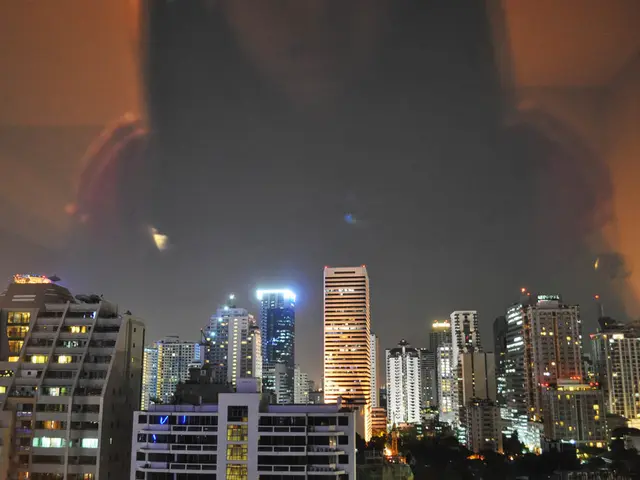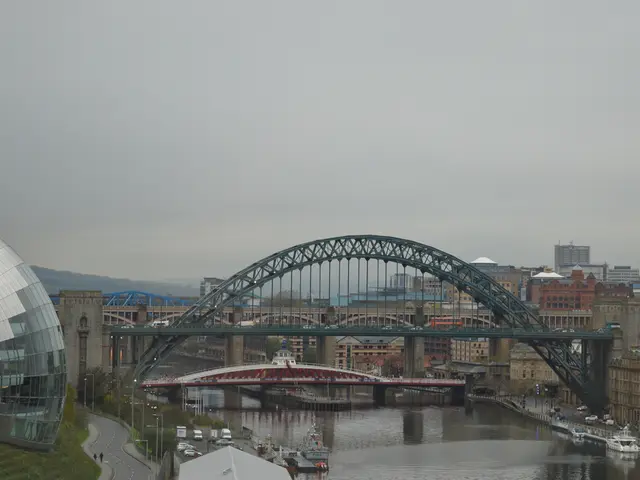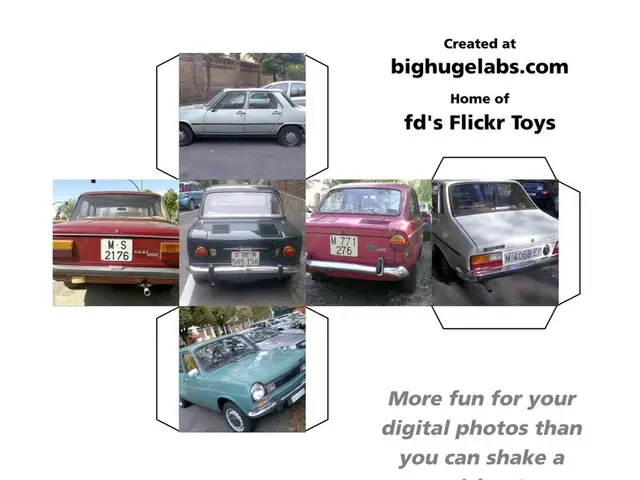On confirmation, Oktoberfest consumes more energy; concerns about the power grid failing from electric vehicle charging deemed exaggerated
In the bustling city of Munich, two significant events recently made headlines – the annual Oktoberfest and the growing number of electric vehicles (EVs) on the roads.
Last year, the Oktoberfest consumed an impressive 2,800,000 kWh of electricity. That's a substantial amount, but it's worth noting that the energy consumption of the festivities could have covered public charging for electric cars in Munich 14 times over during the same period.
While the Oktoberfest may seem like a power-hungry event, the fear of the power grid collapsing due to the charging of electric cars is unfounded, according to Digital Charging Solutions (DCS). Joerg Reimann, the CEO of DCS, asserts that electric cars use significantly less energy for public charging than major events like the Munich Oktoberfest.
As the number of EVs on the roads continues to grow, they are expected to play a crucial role in stabilizing the power grid in the future through vehicle-to-grid technology. This innovative approach involves feeding the energy stored in EV batteries into the power grid, helping to balance out fluctuations in green power generation.
Munich, the city of Oktoberfest, is the second-most populous city in Germany with a high number of registered electric cars. The company leading the charge in providing public charging stations for EVs in the city is EnBW (Energie Baden-Württemberg AG). Interestingly, EnBW contributes to stabilizing the power grid by using energy storage in the batteries to supply the grid.
The proportion of new electric car registrations in Germany is approximately 14%, and Munich is no exception. With 99% of all public charging points in Munich accessible via DCS's charging offer, it's clear that the city is making strides in embracing the electric revolution.
Last year, approximately 193,000 kWh of electricity was used for public charging of electric cars in Munich during the same period as the Oktoberfest. While this may seem like a significant amount, it pales in comparison to the energy consumed by the festivities.
As the city gears up for the next Oktoberfest, with only 105 days left to install charging points in parking areas to avoid €10,000 fines, it's clear that Munich is not only embracing the future of transportation but also ensuring a sustainable and efficient power grid for all.
Read also:
- Musk threatens Apple with litigation amidst increasing conflict surrounding Altman's OpenAI endeavor
- The Commission deems the assistance program to be in agreement with the domestic market regulations.
- Innovative Garments and Accessories Producing Energy: Exploring Unconventional Sources for Renewable Power
- BMW's Debrecen Plant Unveiled: Birthplace of the iX3 and New Class Models








